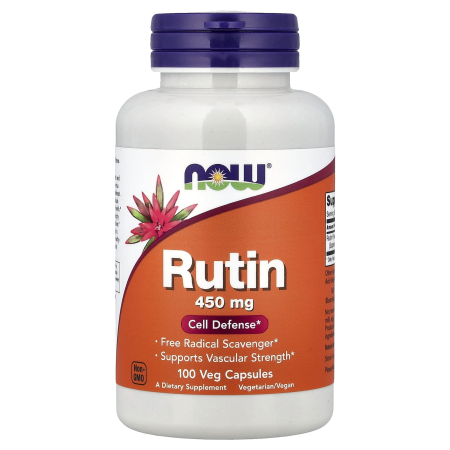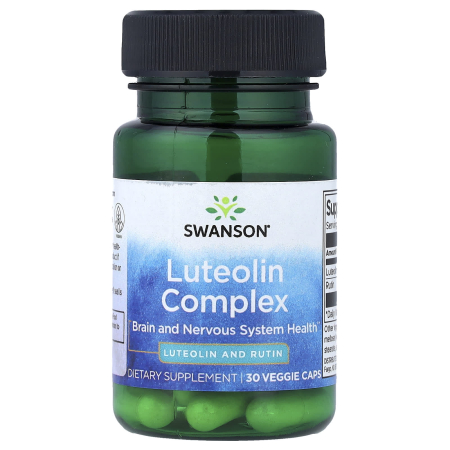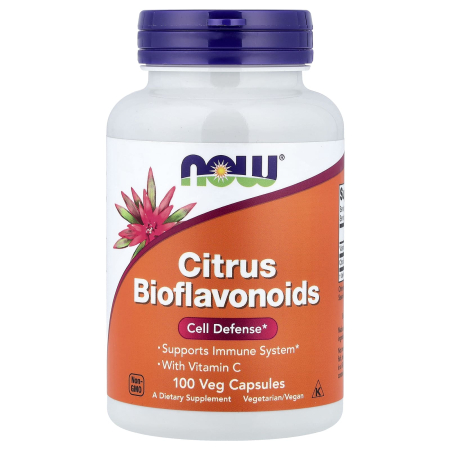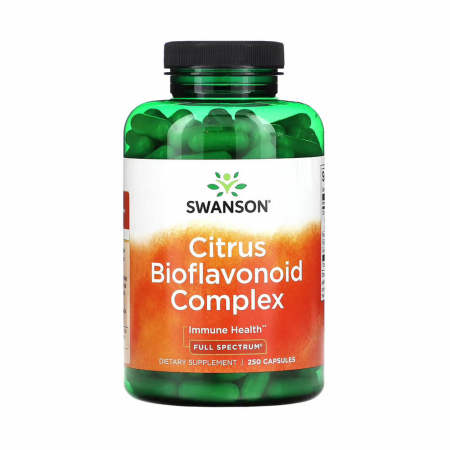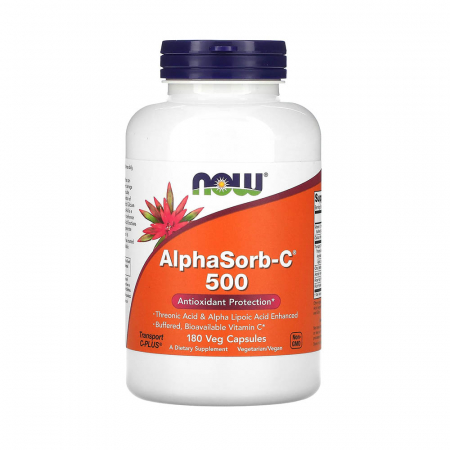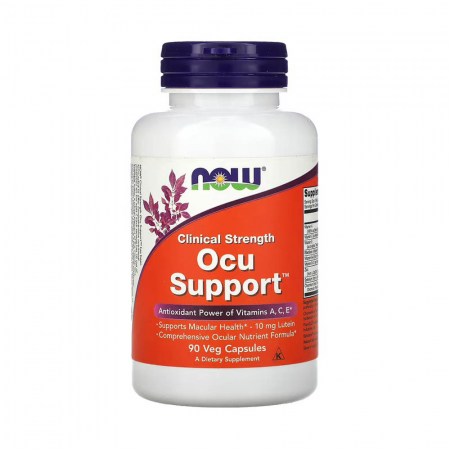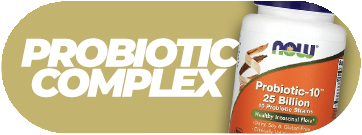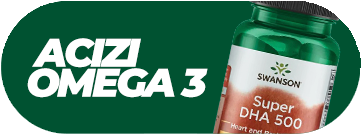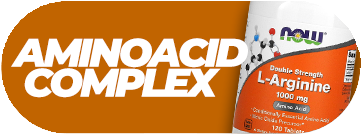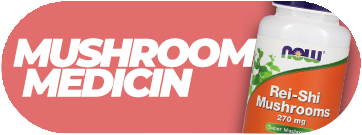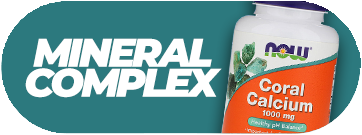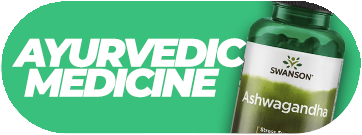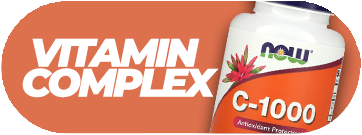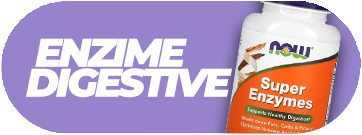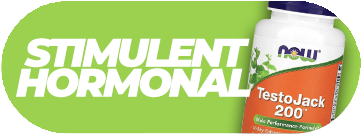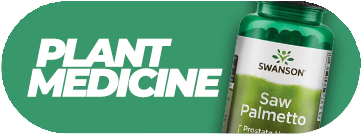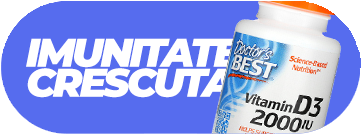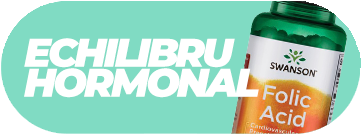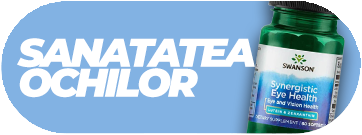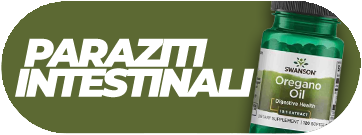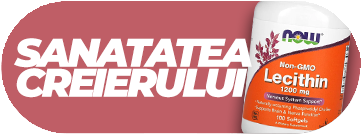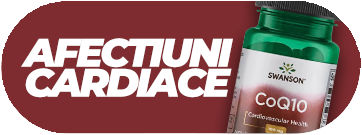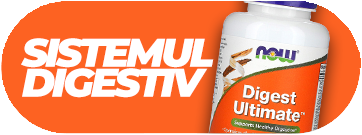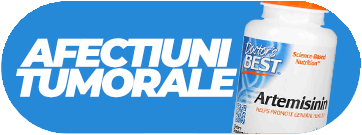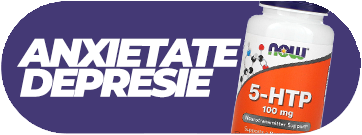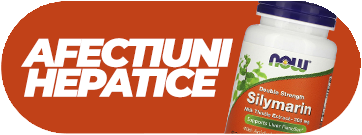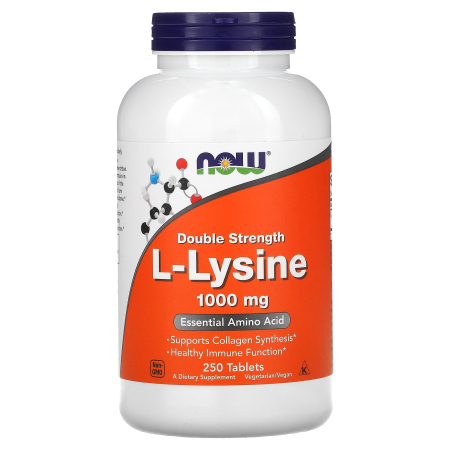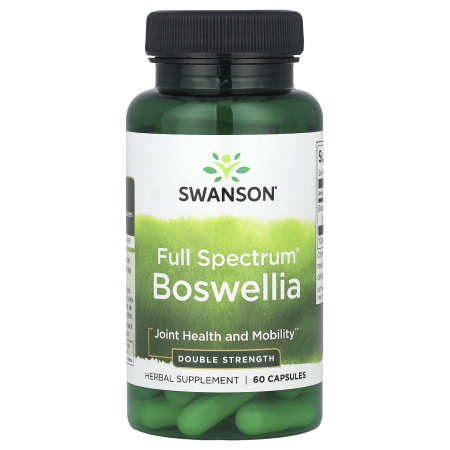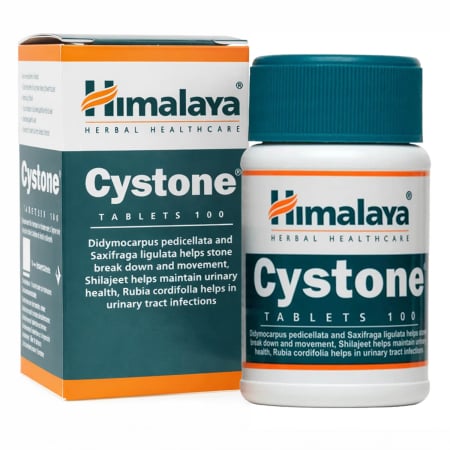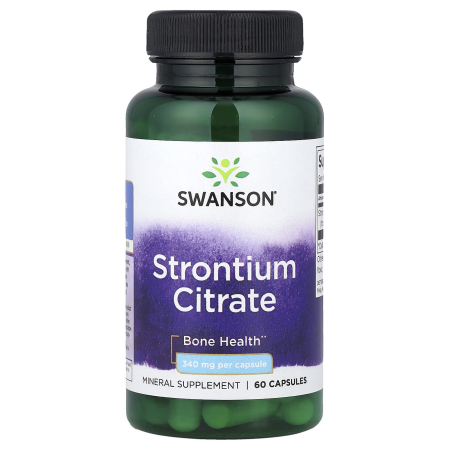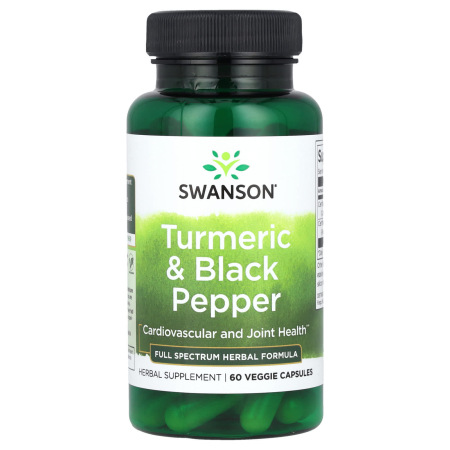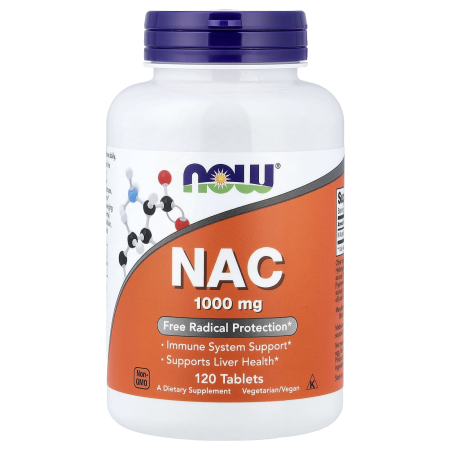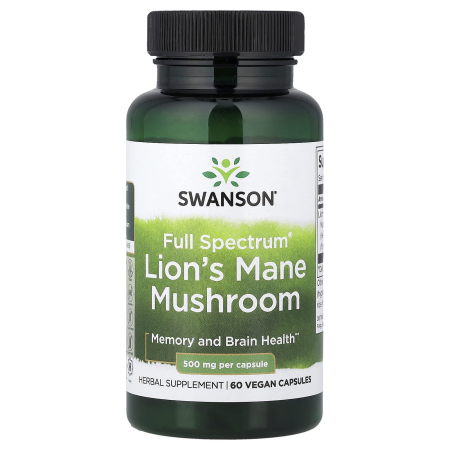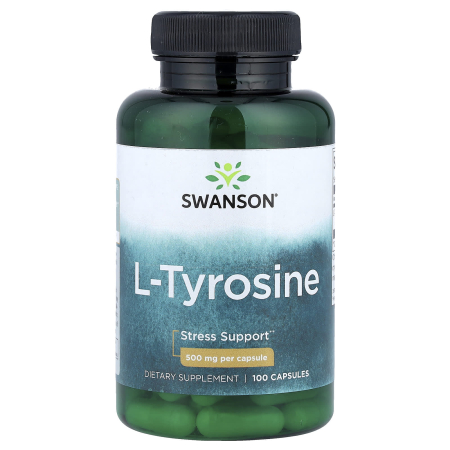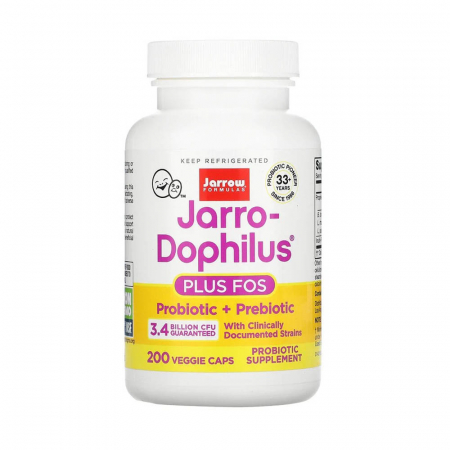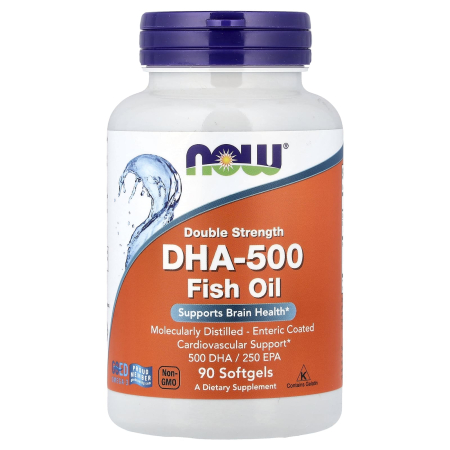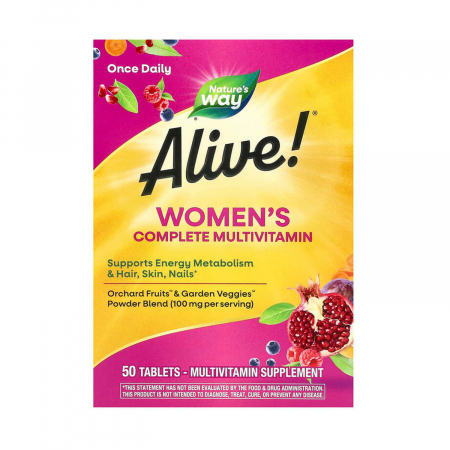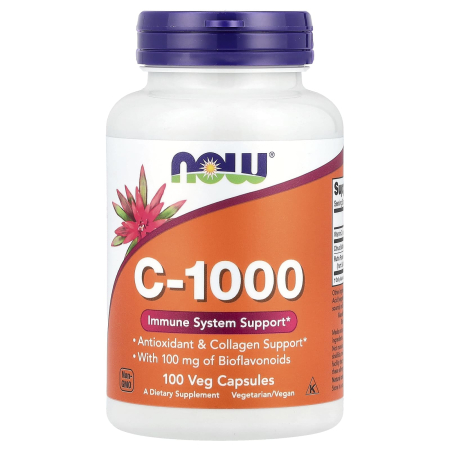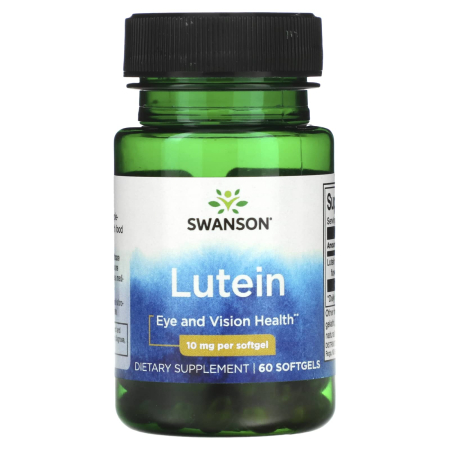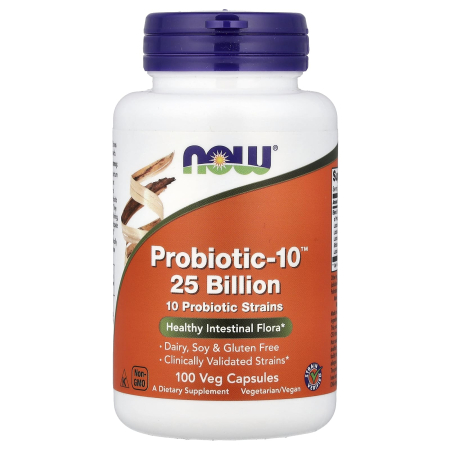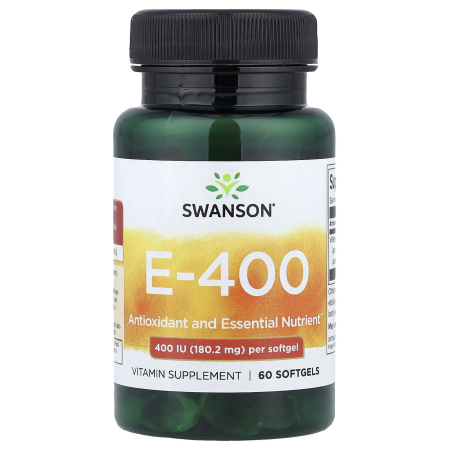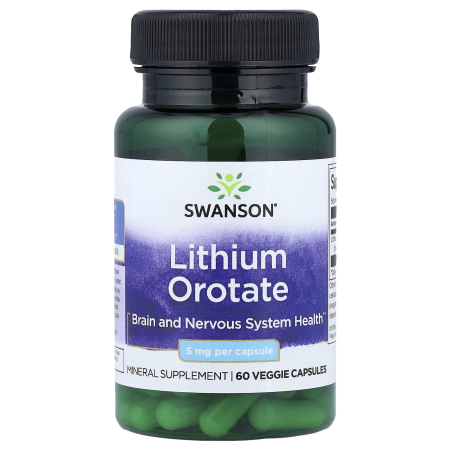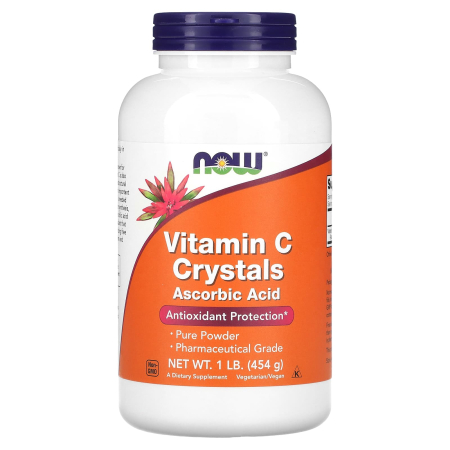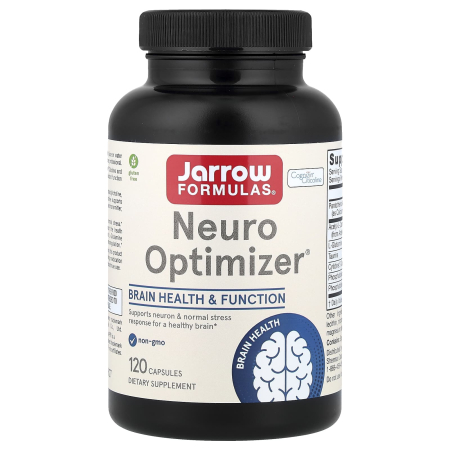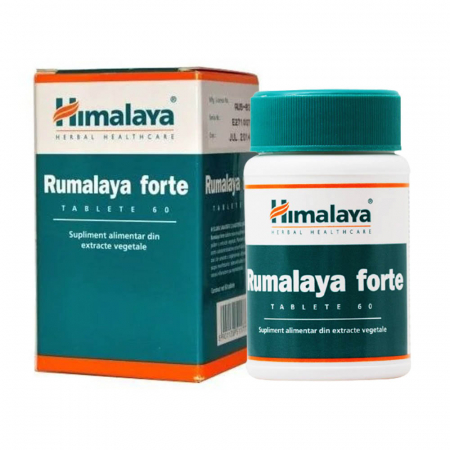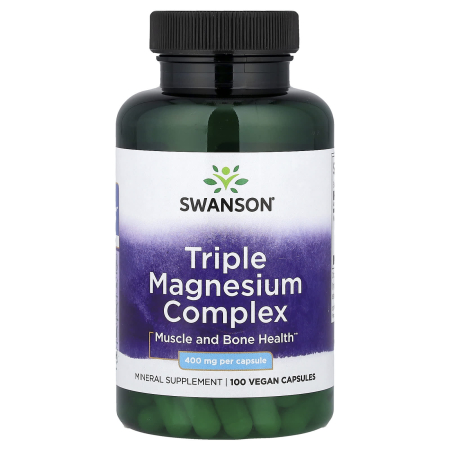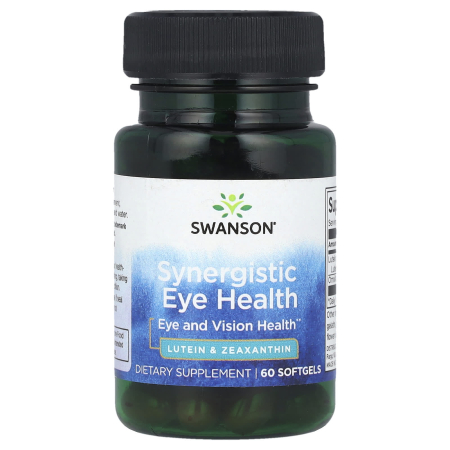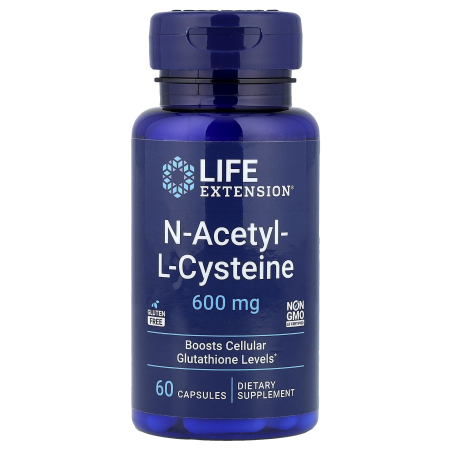- Home /
- Supplements from A to Z /
- Rutin (Vitamin P)
Rutin (Vitamin P)
Rutin (Vitamin P)
- Acai
- Acerola
- Acetyl L-Carnitine
- Caprylic Acid
- Folic Acid
- CLA (Conjugated Linoleic Acid)
- Agaricus Mushroom
- Alfalfa
- Alpha GPC
- Andrographis
- Artichoke
- Astragalus
- Bacopa Monnieri
- Bamboo
- Berberine
- Bergamot
- Beta-Glucans
- Beta-Sitosterol
- Betaine
- Biotin
- Black Cohosh
- Borage Oil
- Holy Basil (Tulsi)
- Butcher's Broom
- Calcium D-Glucarate
- Activated Charcoal
- Carnosine
- Shark Cartilage
- Cascara Sagrada
- Cayenne
- Chaga Mushroom
- Cumin
- Chlorella
- Citicoline
- Chlorophyll
- Black Currant
- Turkey Tail Mushroom
- Lion's Mane Mushroom
- Coleus Forskohlii
- Choline
- Colostrum
- Cordyceps
- Chromium
- D-Mannose
- Damiana
- 7-Keto DHEA
- DIM
- DMG
- Dong Quai
- Brewer's Yeast
- Red Yeast Rice
- Echinacea
- Bilberry Extract
- Fennel
- Phenylalanine
- Feverfew
- Passion Flower
- Phosphatidylserine
- Fructo-Oligosaccharides
- Olive Leaf
- Garcinia
- Devil's Claw
- Cat's Claw
- Ginger
- Ginkgo Biloba
- American Ginseng
- Eleuthero
- Glucomannan (Konjac)
- Goldenseal
- Gotu Kola
- Grapeseed
- Graviola
- Guarana
- Gymnema Sylvestre
- Hops
- Hesperidin
- Horny Goat (Epimedium)
- Indole-3-Carbinol
- Inositol
- Inulin
- Isoflavones
- Kudzu
- Lactoferrin
- Royal Jelly
- Licorice
- Lemon Balm
- Lithium
- Maca
- Rose Hips
- Maitake Mushroom
- Mint
- Peppermint
- Cranberry
- Molybdenum
- Moringa
- Muira Puama
- Chamomile
- Niacin And Niacinamide (Vitamin B3)
- Noni
- Ornithine
- Hawthorn
- Panax Ginseng
- Dandelion
- Papaya (Enzymes)
- Bitter Melon
- Black Pepper (Bioperine)
- Pyridoxine (Vitamin B6)
- Potassium
- Pregnenolone
- Proline
- Propolis
- Pygeum
- Pyrroloquinoline Quinone (PQQ)
- Reishi Mushroom
- Rhodiola
- Riboflavin (Vitamin B2)
- Ribose
- Lemon Balm
- Rosemary
- Rutin (Vitamin P)
- SAMe
- Sarsaparilla
- Fenugreek
- Pine Bark (Pycnogenol)
- Cinnamon
- Serrapeptase
- Shiitake Mushroom
- Silica
- Elderberry
- Saffron
- Spirulina
- Plant Sterols
- Strontium
- Sulforaphane (broccoli)
- St. John's Wort
- Theanine
- Thiamine (Vitamin B1)
- Tocotrienols
- Tribulus
- Red Clover
- Coconut Oil
- Slippery Elm
- Garlic
- Uva Ursi
- Vinpocetine
- Vitamin B12
- Wormwood (Artemisia)
- Yucca
Status stoc
Compozitie
Certifications and Diet
Manufacturers
Price
Rating
Cele mai populare
Newest
Display: 1-6 from 6 products
FiltersAre you deficient in vitamin P (rutin)?
The term vitamin is used to describe a certain organic compound that the body needs but cannot produce on its own. Mainly, vitamins serve as catalysts for certain reactions in our body. If these catalysts are missing, as in the case of vitamin deficiencies, the body's normal functions no longer function properly and thus the increased risk of developing diseases appears.
Vitamin P is part of the group of bioflavonoids. Flavonoids are substances that determine the yellow or orange color of citrus fruits. It is also called capillary permeability factor ("P" comes from "permeability"). The basic role of bioflavonoids is to increase the resistance of capillary vessels, to regulate absorption at that level. Together with vitamin C, it contributes to maintaining the health of the connective tissue.
Vitamin P or bioflavonoids represent a complex of substances such as: quercetin, rutin, myricetin, apigenin, hesperidin, luteolin and others. No less than 4000 flavonoids have been discovered, and each of them has various effects on health. Vitamin P was discovered in 1936 by Albert Szent-Gyorgyi, winner of the Nobel Prize for his discoveries in relation to vitamin C and biological oxidation, and the association of the two is not accidental. Studies have shown that flavonoids have a synergistic relationship with vitamin C in the antioxidant action. Water-soluble vitamin P acts simultaneously and closely related to vitamin C, ensuring its perfect absorption and use and preventing its destruction by oxidation.
Flavonoid substances
Flavonoids represent a class of phenolic substances that give the characteristic color to many species of flowers and fruits. Frequently, these pigments are found in plants in glycosidic form, in which one or more hydroxyl groups of phenols are combined with reducing carbohydrates. Flavonoids participate in oxidation-reduction processes with the role of vitamin P. Pratt (1992) found that flavonoids (flavones, flavonols, isoflavones, and flavanones) are the most important antioxidant substances.
Routine Physiological role
Vitamin P has a substantial role in the prevention of hemorrhages, contributing to the reduction of ecchymosis and gingival bleeding.
It has an anti-inflammatory effect and intervenes in the energy processes of the tissues and in maintaining the permeability of capillary vessels. In tandem with vitamin C, vitamin P has a strong anti-infective effect, managing to increase the body's resistance to infections. This combination can be used preventively and against the flu.
Vitamin P protects the body from the side effects of X-rays, positively influences the increase in the amount of calcium in the blood and helps in the treatment of dizziness caused by inner ear diseases.
- improves the circulatory system
- increases resistance to infections
- influences hematopoiesis and blood coagulability
- favors the absorption of vitamin C from the digestive tract
- favors the metabolic action of vitamin C
- maintains the integrity of the capillary wall, its permeability and elasticity.
- inhibits the formation of atheroma plaque and the appearance of signs and symptoms of atherosclerosis;
- lowers cholesterol;
- lowers blood pressure
- is hepatoprotective;
- stimulates the elimination of bile from the gallbladder into the duodenum;
- it is anti-inflammatory, antispasmodic, antitumor.
PRODUCT CATEGORIES
CATEGORIES OF DISEASES
Latest Reviews Added:
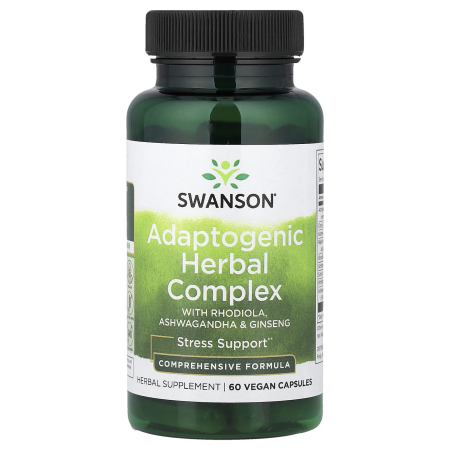
Rhodiola Ashwagandha Ginseng (Adaptogenic Herbal Complex), Swanson, 60 capsule SW1095
melinda nechita,
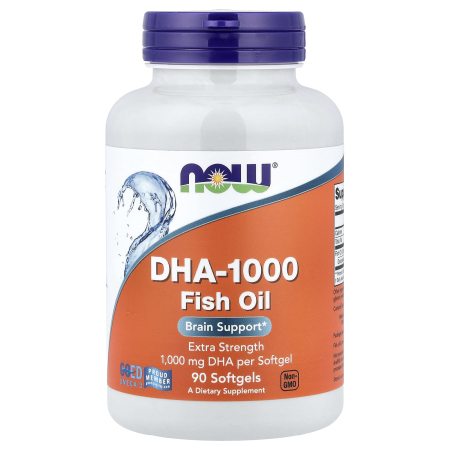
Denisa Dinu,
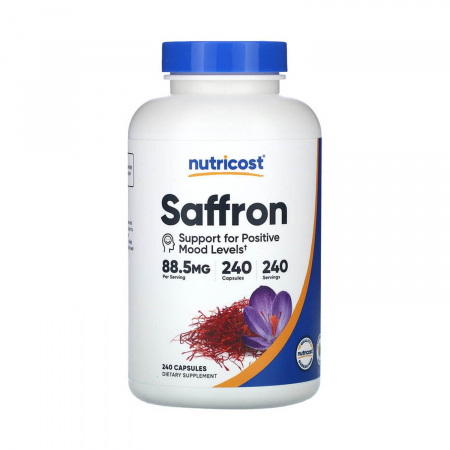
Valeria Lungu,
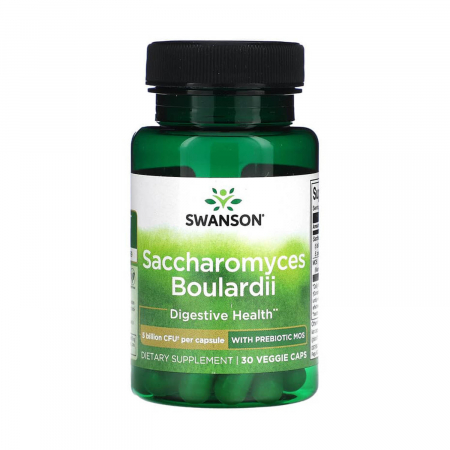
Saccharomyces Boulardii with Prebiotic MOS, 5 Billion CFU, Swanson, 30 capsules SWA012
Elena,
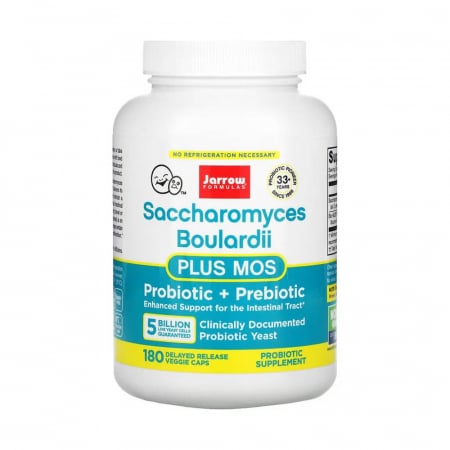
Carolina Floroiu,
Latest viewed products
Newsletter Don't miss our offers and promotions

